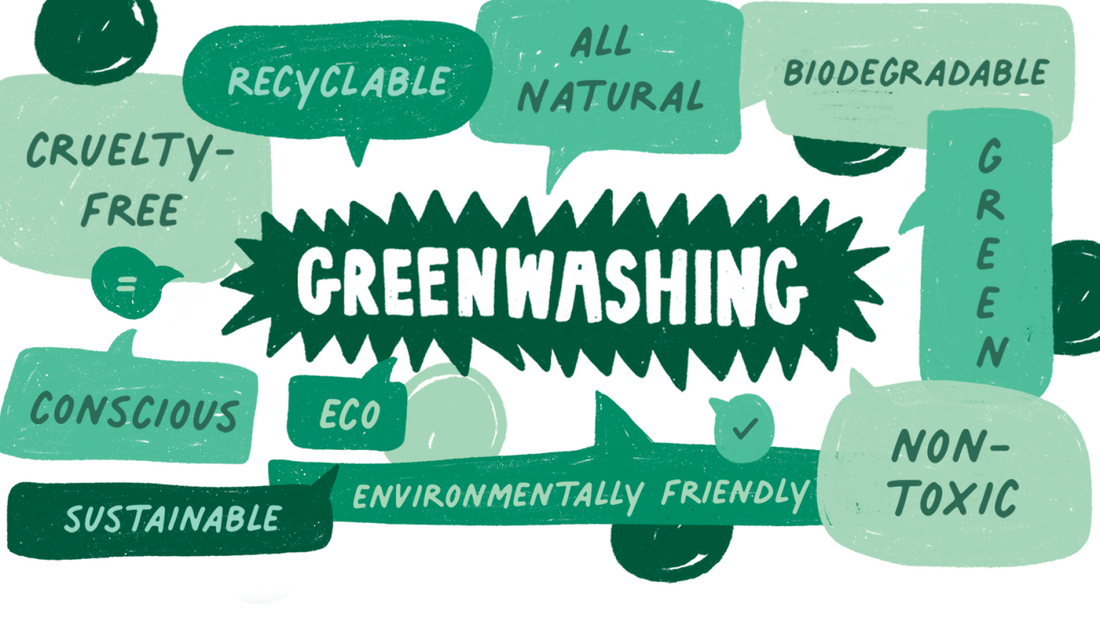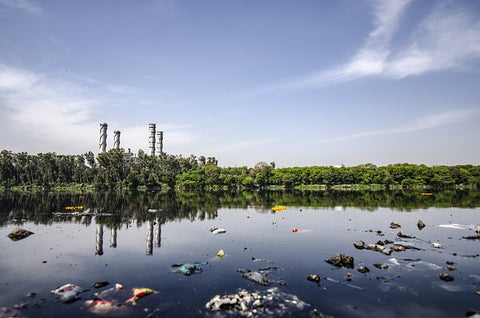
The Dangers of Vegan Leather
Share
Vegan leather, also known as synthetic leather or faux leather, is a material made to mimic the appearance and feel of real leather, but without using any animal products. It is often made from polyurethane, PVC, or microfiber, and is often used as a cheaper and more environmentally friendly alternative to traditional leather.
However, there are some potential dangers associated with vegan leather that should be considered.
One concern is the environmental impact of synthetic leather. The production of synthetic materials often involves the use of chemicals and energy, which can have negative impacts on the environment. Additionally, synthetic materials are not biodegradable, which means they can accumulate in landfills and contribute to environmental pollution.

Another potential danger is the potential health risks associated with synthetic materials. Some synthetic leathers, particularly those made from PVC, can contain toxic chemicals such as phthalates and heavy metals. These chemicals can be released into the environment during the production and disposal of synthetic leather products, and can also be inhaled or absorbed through the skin when the products are used.

It's also worth noting that the term "vegan leather" can be misleading, as some companies may use the term to describe products that are not actually made from synthetic materials. For example, some products labeled as "vegan leather" may be made from animal products such as fish skin or reptile skin, which raises ethical concerns for vegans.
Overall, it is important to carefully consider the potential dangers of vegan leather before purchasing and using these products. It is advisable to research the materials and production methods used to make the vegan leather, and to choose products that are made from sustainable, non-toxic materials whenever possible.

